The resolution was adopted at the United Nations General Assembly on September 18 after receiving 124 votes in favor. Fourteen countries voted against it, including the United States, Hungary, Israel, Argentina, the Czech Republic, Fiji, Malawi, Micronesia, Nauru, Palau, Papua New Guinea, Paraguay, Tonga and Tuvalu. Forty-three countries abstained.
The vote comes after the United Nations' top court, the International Court of Justice (ICJ), declared in July that Israel's presence in the West Bank and East Jerusalem is illegal and called on Israel to end its decades-long occupation of the territories claimed by Palestinians for a future state.
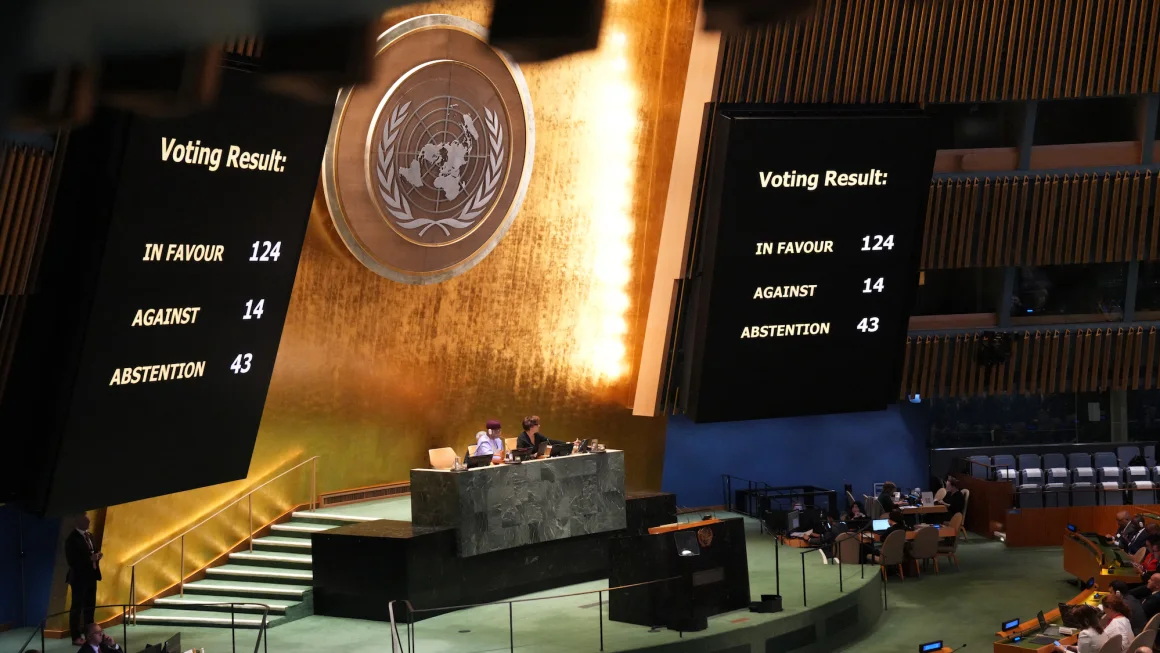
Final results of the vote at the United Nations in New York on Wednesday (September 18). Photo: CNN
In its advisory opinion, the ICJ said Israel should end its occupation “as expeditiously as possible.” The UN resolution gave Israel a 12-month timeline to withdraw from the Palestinian territories.
Palestinian Ambassador to the United Nations Riyad Mansour called the vote a turning point “in our struggle for freedom and justice” while Israeli Ambassador to the United Nations Danny Danon sharply criticized the vote result.
The resolution was introduced by the Palestinian observer state, which was granted new privileges - including the right to submit proposals to the council - last May.
Neither ICJ advisory opinions nor UN General Assembly resolutions are legally binding, yet both decisions carry considerable political weight.
In particular, the resolution just passed could further isolate Israel as world leaders prepare to meet next week in New York for the annual session of the United Nations General Assembly.
Israeli Prime Minister Benjamin Netanyahu and Palestinian President Mahmoud Abbas are scheduled to address other world leaders at the United Nations on September 26.
During the 1967 war, Israel captured the West Bank, East Jerusalem, the Gaza Strip, and the Golan Heights from neighboring Arab states. Soon after, it began establishing Jewish settlements in these territories.
Palestinians want the West Bank and Gaza Strip as a future state, with East Jerusalem as its capital, while Israel considers all of Jerusalem its “eternal capital.”
Nguyen Khanh (according to CNN, Al Jazeera)
Source: https://www.congluan.vn/lien-hop-quoc-thong-qua-nghi-quyet-yeu-cau-israel-cham-dut-chiem-dong-palestine-post313050.html



![[Photo] Prime Minister Pham Minh Chinh receives Swedish Minister of International Development Cooperation and Foreign Trade](https://vphoto.vietnam.vn/thumb/1200x675/vietnam/resource/IMAGE/2025/5/12/ae50d0bb57584fd1bbe1cd77d9ad6d97)
![[Photo] Prime Minister Pham Minh Chinh works with the Standing Committee of Thai Binh Provincial Party Committee](https://vphoto.vietnam.vn/thumb/1200x675/vietnam/resource/IMAGE/2025/5/12/f514ab990c544e05a446f77bba59c7d1)
![[Photo] Prime Minister Pham Minh Chinh starts construction of vital highway through Thai Binh and Nam Dinh](https://vphoto.vietnam.vn/thumb/1200x675/vietnam/resource/IMAGE/2025/5/12/52d98584ccea4c8dbf7c7f7484433af5)


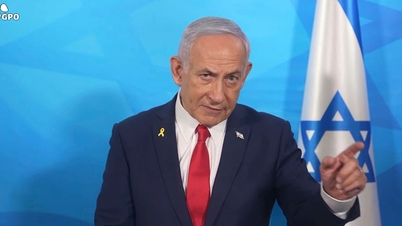









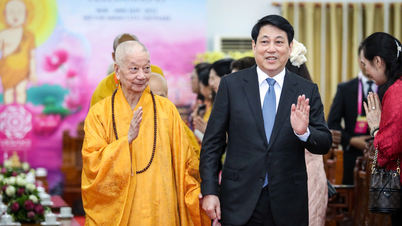
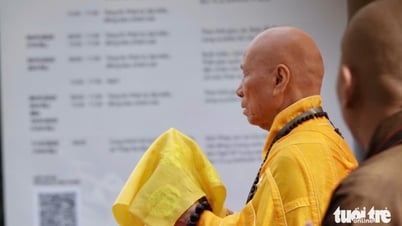
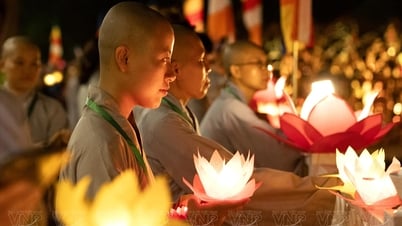











































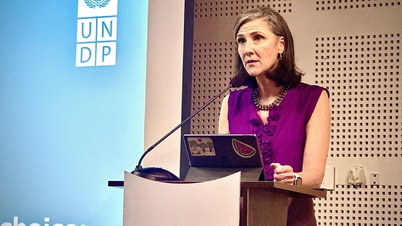


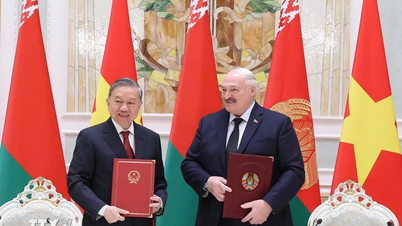






























Comment (0)